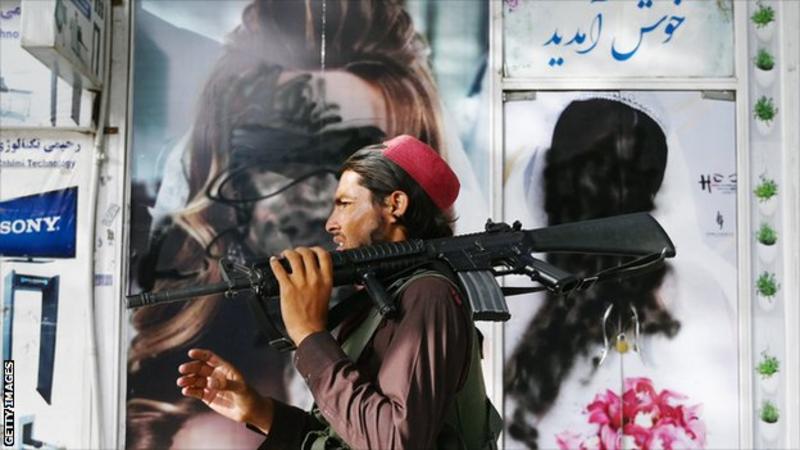
Asel and many of her international team-mates are in hiding. Asel isn’t her real name. In Kabul members of the Taliban have already come looking for Afghanistan’s women’s cricket team.
“Each lady playing cricket or different games isn’t protected at this moment,” she says. “The circumstance is extremely awful in Kabul. “We have a gathering on WhatsApp and consistently we are discussing our issues and sharing plans concerning what we ought to do. We are on the whole miserable.” Asel has scarcely ventured outside her home since the Taliban entered Kabul in mid-August and has locked her cricket pack away. She clarifies how one of her colleagues was designated in the city. “The town where they play cricket, certain individuals who realized them are working with the Taliban. At the point when the Taliban came here and took Kabul they compromised them, saying, ‘We might come and kill you on the off chance that you attempt to play cricket once more,'” Asel says. Taqwa, who is additionally utilizing a pen name, associated with Afghan ladies’ cricket for a long time. She figured out how to escape the nation after Kabul fell. In the prior week she got out, she moved from one house to another to try not to be distinguished. The Taliban called her dad, yet he said he had not been in touch with her. “I would prefer not to ponder what would’ve occurred,” she says. “At the point when the Taliban came to Kabul, for seven days I didn’t eat anything, I didn’t rest. “I was not just pondering myself, I was agonizing over my young ladies. They are forfeiting their lives, their investigations. Some even didn’t get hitched so they could play for Afghanistan. I’m exceptionally stressed over their lives.” For another previous player, Hareer, again addressing the BBC utilizing an accepted name, playing cricket as an Afghan lady implied definitely something beyond taking wickets and scoring runs. “At the point when I play I feel like a resilient lady,” she says. “I feel sure and I feel glad for myself. “I can envision myself as a lady who can do anything, who can make her fantasies work out as expected.” Be that as it may, for Hareer and the remainder of the Afghanistan ladies’ cricket crew, those fantasies might well have reached a conclusion. At the point when simply under a year prior there appeared to be such a lot of expectation, presently they dread for their wellbeing and feel deserted by the brandishing specialists they accept can help. Short presentational dark line The ascent of cricket had appeared something of a fantasy in Afghanistan. The nation was just conceded partner participation by the International Cricket Council (ICC) in 2001, simply a year after the Taliban lifted a restriction on the game. At the point when the Taliban was ousted before long, cricket started to prosper, alongside different games like football. “In the event that we investigate the most recent 20 years, we had war, self destruction assaults, we had such countless issues, however the possibly event when the whole country was glad, they were sincerely included… was during sport,” Emal Pasarly, supervisor of BBC Pashto, revealed to The Sports Desk digital recording in August. “Just game gave a period or where individuals were cheerful and they could disregard the remainder of what was happening around them.” Cricket enthusiasm in Afghanistan developed all through the 2000s as the men’s group started a transient ascent on the world stage. At the point when they qualified for the 2015 World Cup in Australia, road festivities broke out the nation over. In 2017, they were conceded Test status. Players, for example, Rashid Khan and Mohammad Nabi are presently worldwide stars and are worshiped the nation over.Afghanistan’s first public ladies’ group was framed in 2010. They confronted obstruction from the beginning. In the early years the Afghanistan Cricket Board (ACB) kept the ladies’ group from playing at a few global competitions, saying it got “Taliban dangers”.
In 2012 the group went for a six-group territorial competition in Tajikistan, and they won it. Yet, after two years they collapsed. The ACB again pinned the choice in Taliban threats.Despite the group disbanding, young ladies and young ladies kept on playing on shoddy wickets across Afghanistan. Furthermore, the ACB actually had few staff answerable for masterminding ladies’ matches. Yet, similar issues persevered for this new age of female cricketers. Hareer says that, inside the ACB, many were not strong and would possibly mastermind matches for the ladies on the off chance that they “implored them to do it”. Individuals from the board would likewise school ladies on the best way to act when they were out on the pitch, she says. “I’m a bowler, and when I take a wicket I can’t yell and behave like I’m cheerful on the grounds that there are men watching me,” she says. “I need to control my feelings, I can’t yell to help my partners, I can’t uphold them. They say: ‘You shouldn’t praise, you shouldn’t yell or pause dramatically.'” In any case, as the profile of the men’s group developed, the ACB needed to begin treating the ladies’ down additional in a serious way. The ICC requires its 12 full individuals – Afghanistan became one of every 2017 – to have a public ladies’ group. This prompted 25 female cricketers being granted agreements in November 2020. Only 10 months prior, another first light gave off an impression of being not too far off for ladies’ cricket in Afghanistan. That expectation seems to have been fleeting. During their past rule, from 1996 to 2001, the Taliban precluded practically all training for young ladies and ladies (young ladies were not permitted to go to class after the age of 8), while ladies couldn’t work or take off from the house without being joined by a male family member. While the Taliban has made endeavors to depict a more moderate picture this time around, the odds of ladies having the option to participate in sport are thin. The ACB’s CEO, Hamid Shinwari, has said the Taliban have voiced help for the men’s group, who presently have endorsement to play their first historically speaking Test against Australia in Hobart in November. However, he told the BBC he anticipates that the women’s team should be halted. This would disregard Afghanistan’s ICC enrollment.




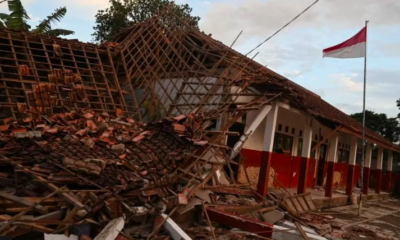
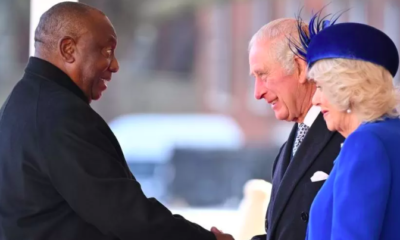

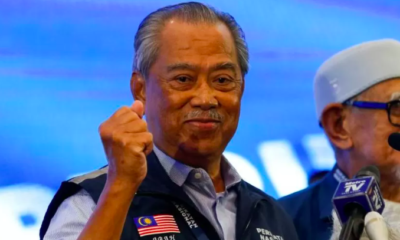

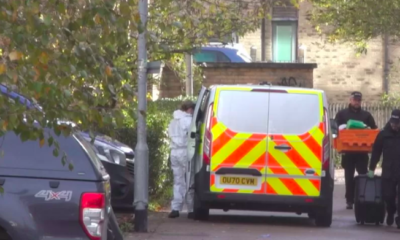



























































































































































































































































































































































































































































































































































































































































































































RSS